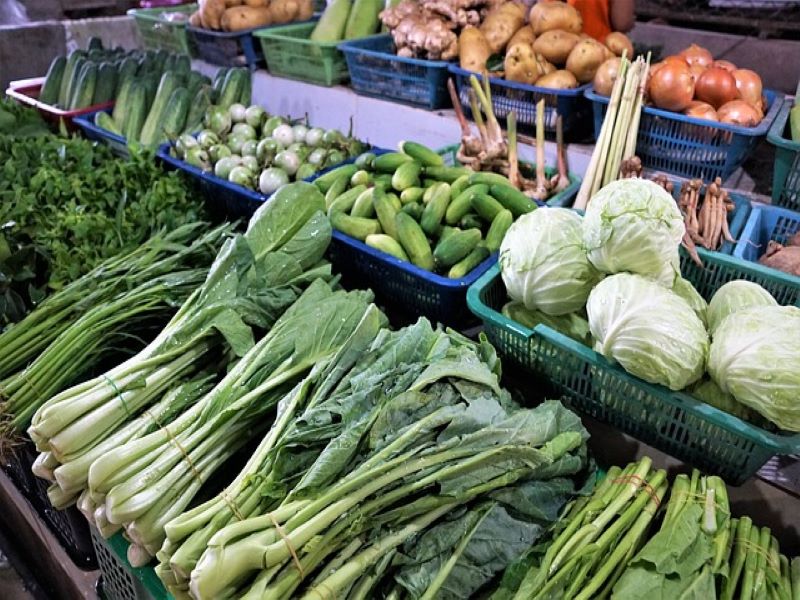
Researchers from the Indian Institute of Technology (IIT) Roorkee have developed a water-based edible ink from plants for printing and packaging applications.
Using plant-based material called catechu, the edible ink has been produced at the Department of Paper Technology, IIT Roorkee, reported NDTV.com.
Developed as a substitute for synthetic ink, the environmentally friendly and non-toxic ink can be used in several packaging and printing applications.
Researchers Kirtitaj Gaikwad and Lokam Hakim have worked together to develop the new edible ink to serve as an environmentally friendly substitute for food printing.
The newly developed ink is suitable for printing on fruits and vegetables as an alternative to stickers.
The surface branding method and printing on foods are expected to reduce toxicity, as well as unexpected health concerns.
Currently used solvents and chemical in synthetic ink may cause skin irritation and dermatitis upon skin contact.
In India, the consumption of packaging is estimated to be around 373.6 billion units last year.
In a statement, quoted by CAREERS360, Gaikwad said: “This is a novel idea of edible ink to print directly on food substrate; it not only uses plant materials but also alleviates the pressure on the environment and food safety.”
Recently, IIT Roorkee developed low-cost perovskite solar cells, which are claimed to have the highest reported stabilised power conversion efficiency at 17.05%.




